What Nintendo said about its future (and what it really means)
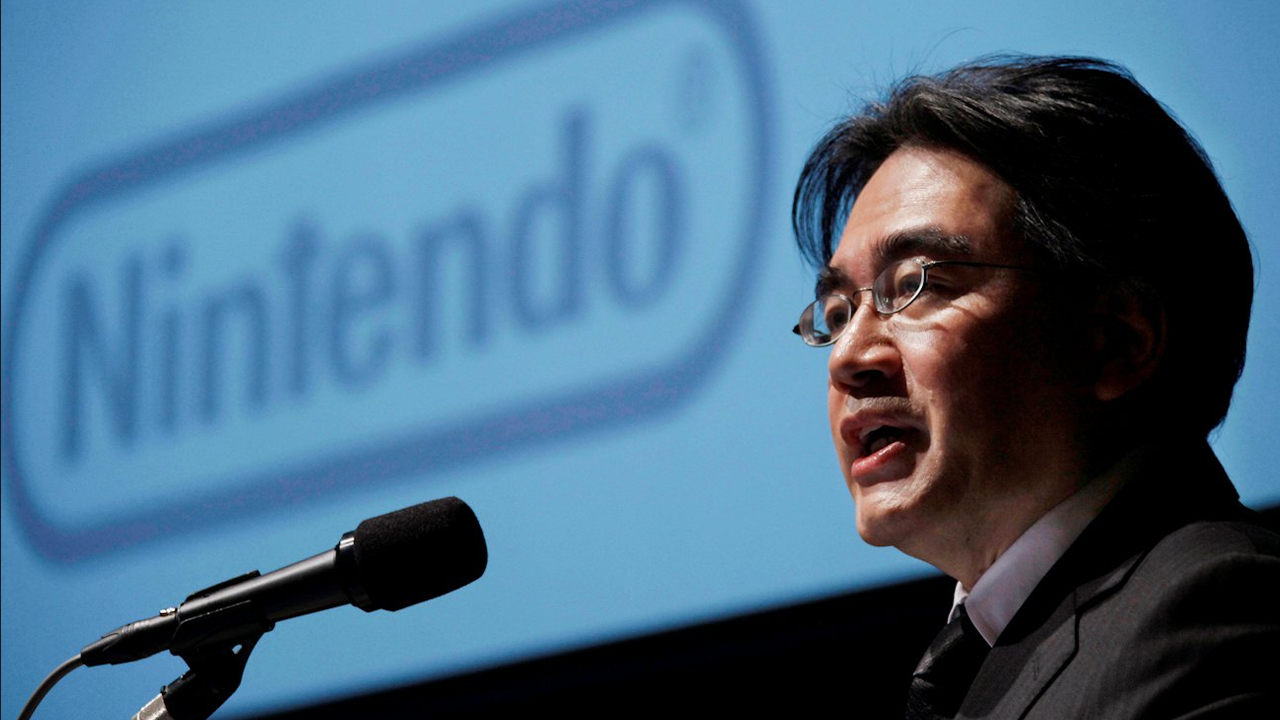
Say what?
Mystics once sifted through sheep entrails to predict the future. While not as bloody, I have to believe the feeling is similar to scouring the oblique presentations made by a company like Nintendo. After owning up to massive losses thanks to the poor performing Wii U, company president Satoru Iwata had a press conference in Tokyo, where he addressed concerns over the companys future without actually answering any of our concerns?
You can read the official translation of the event here, but you really need a guide to figure out the major plans Iwata has for Nintendo in the coming years. Hence this guide to the most important quotes from the presentation, and what it could all mean for Marios home. Are mobile games coming? Is the Wii U Nintendo's last console? I did my best to shed some light on all that and more.
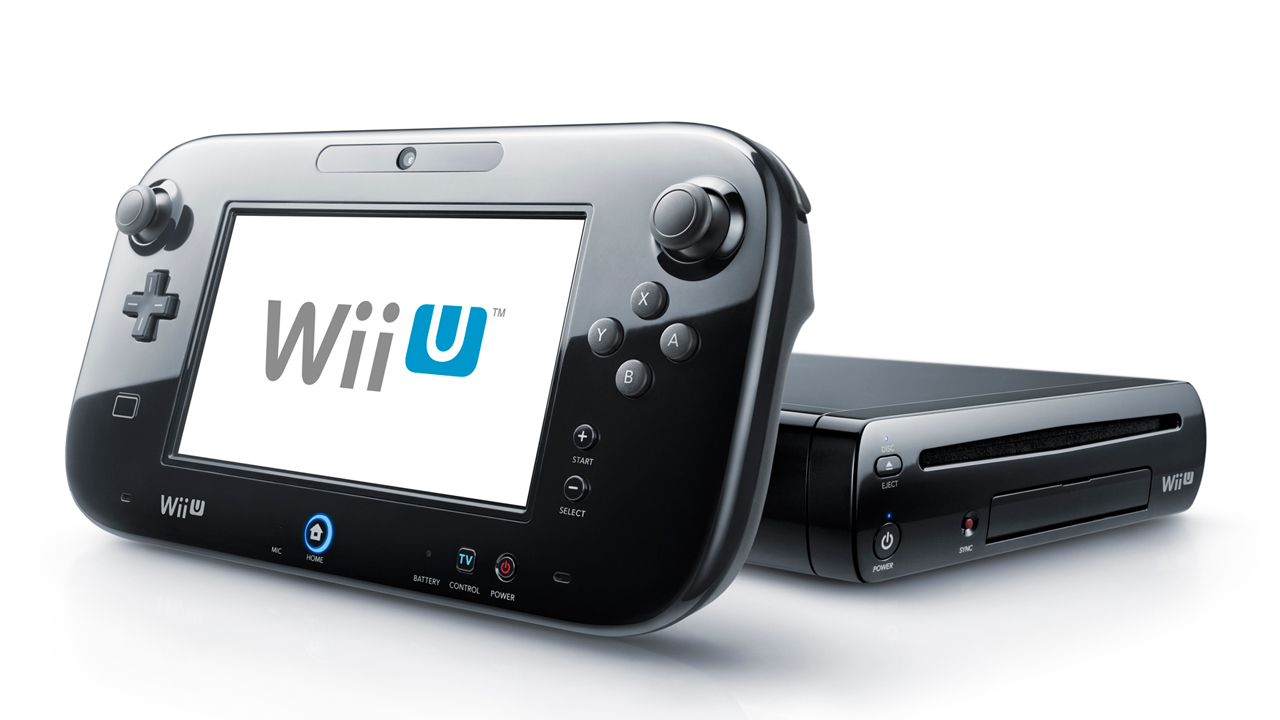
Nintendo isn't done with hardware
What Iwata said: I am here to tell you about our future, and to begin with, I would like to mention what Nintendo will not change we do not hold a pessimistic view of the future of dedicated video game platforms Naturally, we are moving ahead with research and development efforts for future hardware as we have done before and we are not planning to give up our own hardware systems and shift our axis toward other platforms.
What it likely means: Iwata is very clear about Nintendos intention to keep making hardware. The Wii U will keep going, Nintendo will make a system after the Wii U, and it wont be making any games for Sony or Microsoft any time soon. If you expected them to move in the direction of Sega after the Dreamcast, that isnt happening--at least, not today.
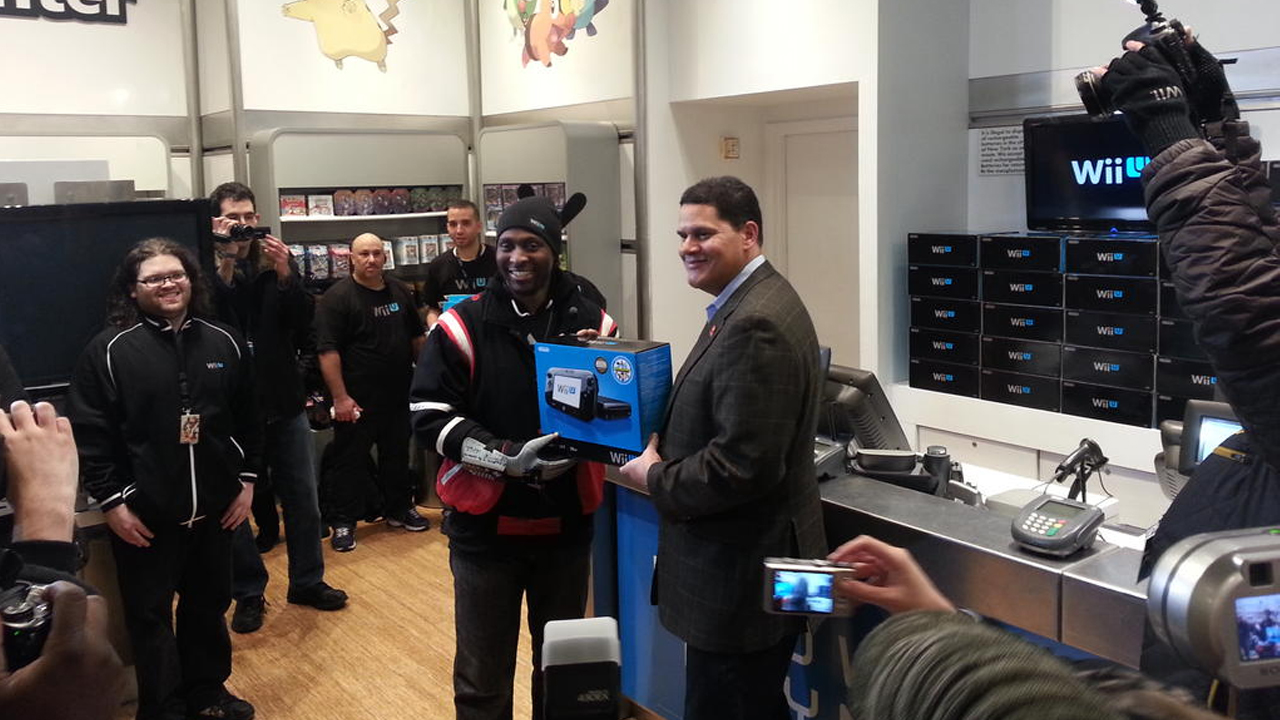
No Wii U price cut
What Iwata said: Obviously, under the current situation where the company has to report an operating loss, simply executing a price reduction as a way to defuse the situation is not an option. In the short-term, Nintendo will focus on thoroughly enriching the value of the most significant feature of Wii U, the Wii U GamePad.
What it likely means: Cutting the price on the Wii U might be a quick fix for the consoles low sales, but when Iwatas bigger problem is profitability, he doesnt want to lose even more money via a price cut. Instead, hes going with the traditional Nintendo tactic of developing games that will hopefully be of a high enough quality to draw in new consumers. A noble goal, to be sure (and one that ideally leads to a bunch of great games)--but an entry fee of $300/249.99 will likely continue being a burden on the Wii U's marketability.
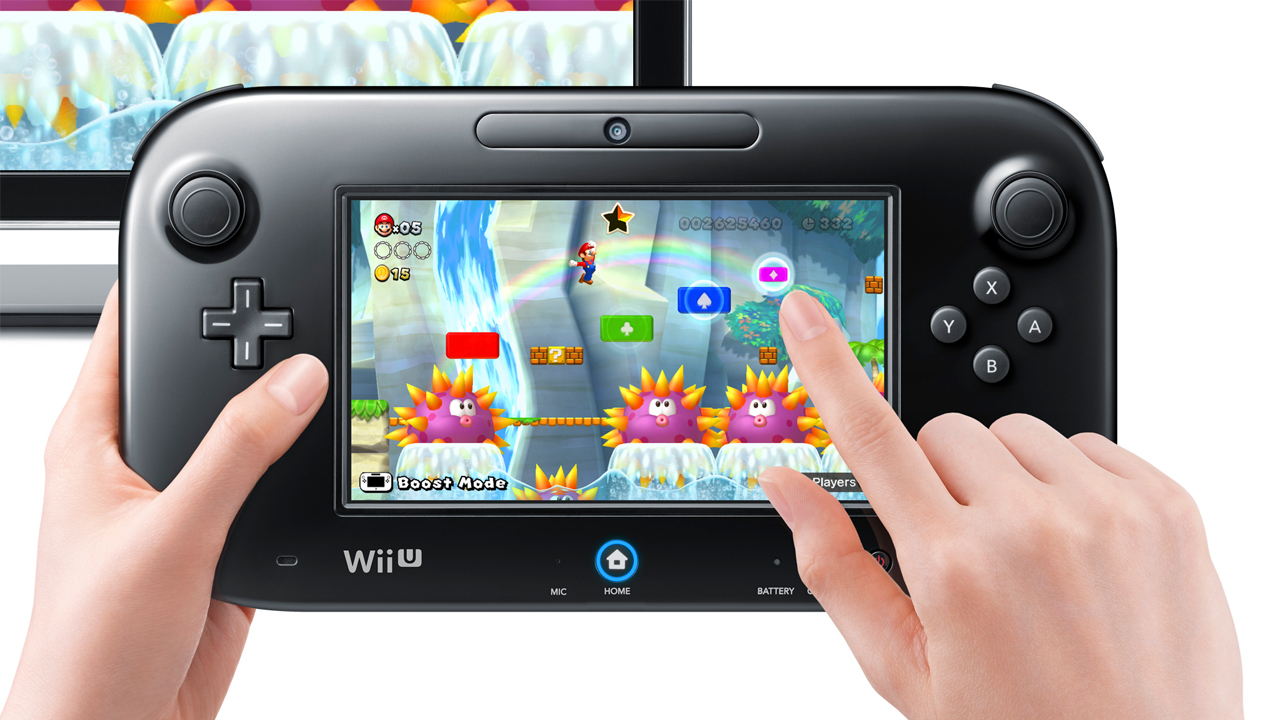
Future Wii U games intend to better use the GamePad
What Iwata said: Our top priority task this year is to offer software titles that are made possible because of the GamePad... We have managed to offer several of such software titles for occasions when many people gather in one place to play, but we have not been able to offer a decisive software title that enriches the users gameplay experience when playing alone with the GamePad. This will be one of the top priorities of Mr. Miyamotos software development department this year.
What it likely means: Even the best Wii U games, including Super Mario 3D World, barely take advantage of the GamePads features, primarily the touch screen. That leads some to speculate that the console might soon be sold without a GamePad bundled in. Instead, Iwata is going the complete opposite direction, saying he wants more games that innovate using the special controller. But can Nintendo actually find the GamePad-centric killer app that eluded the system for the first 15 months? Could already-announced games like Smash Bros. and Bayonetta 2 be reformatted to better use the GamePad? We'll just have to wait and see.
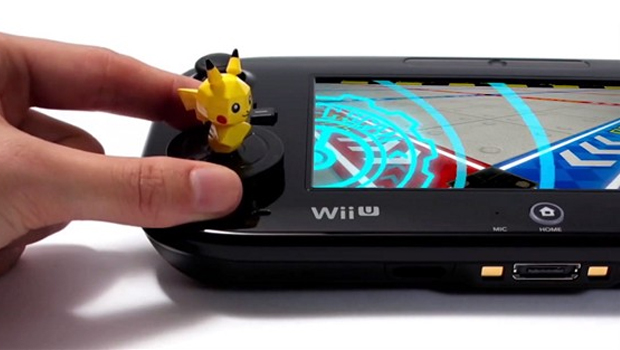
Nintendos own Skylanders is coming at E3
What Iwata said: In addition, the GamePad is the only video game platform with an NFC (near-field communication) reader/writer function Wii U has failed to make use of the full potential of this function so far, despite it being a built-in feature We will showcase our detailed propositions for utilizing the NFC functionality at E3 in Los Angeles in June.
What it likely means: Iwata was cagey with most of his responses, particularly with specific game releases. The only specific game he mentioned was Mario Kart 8--but in between all the non-answers, Iwata did give us a small preview of this years E3. The Wii U always had the capacity for NFC gaming, as seen in massive franchises like Skylanders and Disney Infinity. After a half-measure of an NFC game last year, the N might finally make a big push into the market this holiday season.
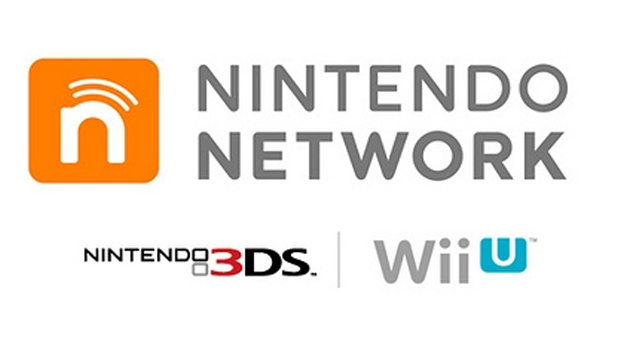
The Nintendo Network ID leads the way to a whole new platform
What Iwata said: Taking advantage of smart devices means connecting with all consumers, including those who do not own Nintendos video game systems, through smart devices and communicating the value of our entertainment offerings, thus encouraging more people to participate in Nintendo platforms In other words, our platform will not be bound to physical hardware and, instead, will be virtualized.
What it likely means: This vague talking point might imply the biggest change in strategy so far. To start, Nintendo is finally recognizing a need to connect current and future systems under one account, thinking about something beyond a single product (you know, like Sony and Microsoft having been doing for years). It sounds like the long-term goal involves your Nintendo Network ID working on devices besides the Wii U or 3DS--like your smartphone or tablet. That sounds a lot like the other second screen stuff you can find in most modern console games, a big change from how Nintendo execs were talking even as recently as 2012. And thats not all Nintendo had to say about smart devices...
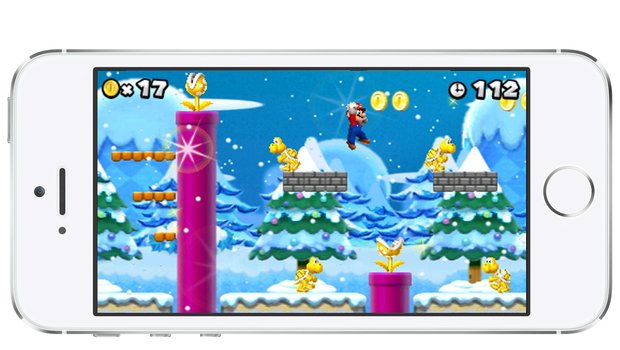
Theyll (maybe) make (hypothetical) games for phones (perhaps)
What Iwata said: However, in order to be absolutely clear, let me emphasize that this does not mean simply supplying Nintendo games on smart devices I have not given any restrictions to the development team, even not ruling out the possibility of making games or using our game characters. However, if you report that we will release Mario on smart devices, it would be a completely misleading statement. It is our intention to release some application on smart devices this year that is capable of attracting consumer attention and communicating the value of our entertainment offerings, so I would encourage you to see how our approach yields results."
What it likely means: Iwata saying Nintendo wont put games on mobile, then saying how dev teams can make mobile games if they want to, is easily the most confusing part of the presentation. Iwata might not want people to report Mario on smart devices, but its clear that in 2014, well see some sort of Nintendo application come to mobile and tablets. It may only be meant to direct people back to their hardware, but what if some of Nintendos in-house developers create a really great mobile game? Will Nintendo be willing to risk making it an app instead of a Wii U or 3DS game?
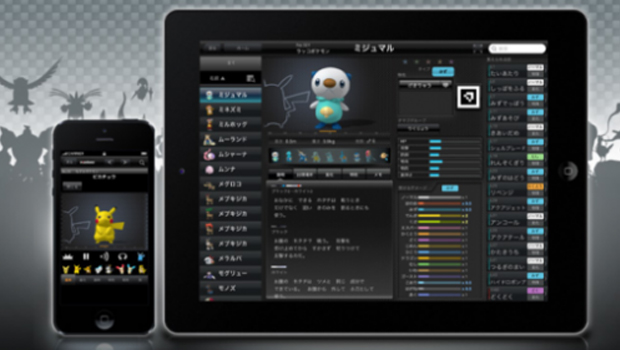
What else is coming to smart devices?
What it Iwata said: With respect to services previously released on dedicated video game systems that are, however, capable of improving usability and consumer experience when they are implemented on smart devices, we will try to actively shift their focus to smart devices. This is to say that we will no longer spend an equal amount of resources toward providing the same service both on and off device, but will instead concentrate on the one that has greater purpose as well as room for improvement The environment in which our users can download paid software is one example of where we should aim to make more off-device improvements than on-device ones.
What it likely means: More confusing talk about smart devices, but services previously released of video game systems could be as simple as the Miiverse application that was first mentioned in 2012. Still, the bigger picture seems to revolve around making future programs like Miiverse (and maybe even downloadable games) with smart devices in mind, alongside console versions. It sounds like most future Nintendo apps will always be intended for phones, in addition to Wii U / 3DS.
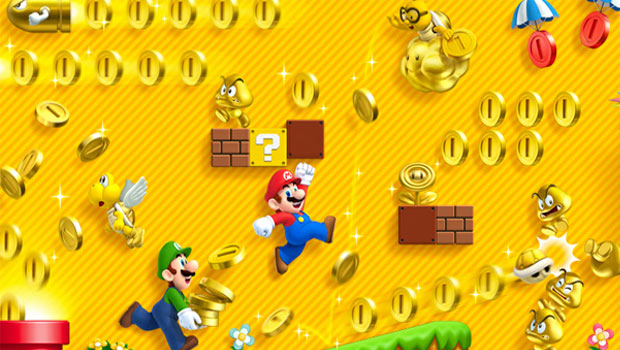
Cheaper games coming?
What it Iwata said: If we succeed in the redefinition of video game platforms that I speak of today, our account-based connections with consumers will become very clear Based on our account system, if we can offer flexible price points to consumers who meet certain conditions, we can create a situation where these consumers can enjoy our software at cheaper price points when they purchase more... Nintendo aims to work on this brand-new sales mechanism in the medium term, but we would like to start experimenting with Wii U at an early stage.
What it likely means: Iwata had previously mentioned that current game prices were turning off consumers, so this program seems linked to the network IDs and means to gives discounts to gamers that buy multiple Nintendo games a year. I could see it working like XBLA and PSN programs that give discounts when you buy multiple games, or offer a $5 discount on a game if you bought a different one the previous month. The experimental pricing will begin soon-ish on the Wii U, but how aggressive will Nintendo really get with pricing? After all, this is the same company that still charged $30 for Super Smash Bros. Melee as late as 2008.
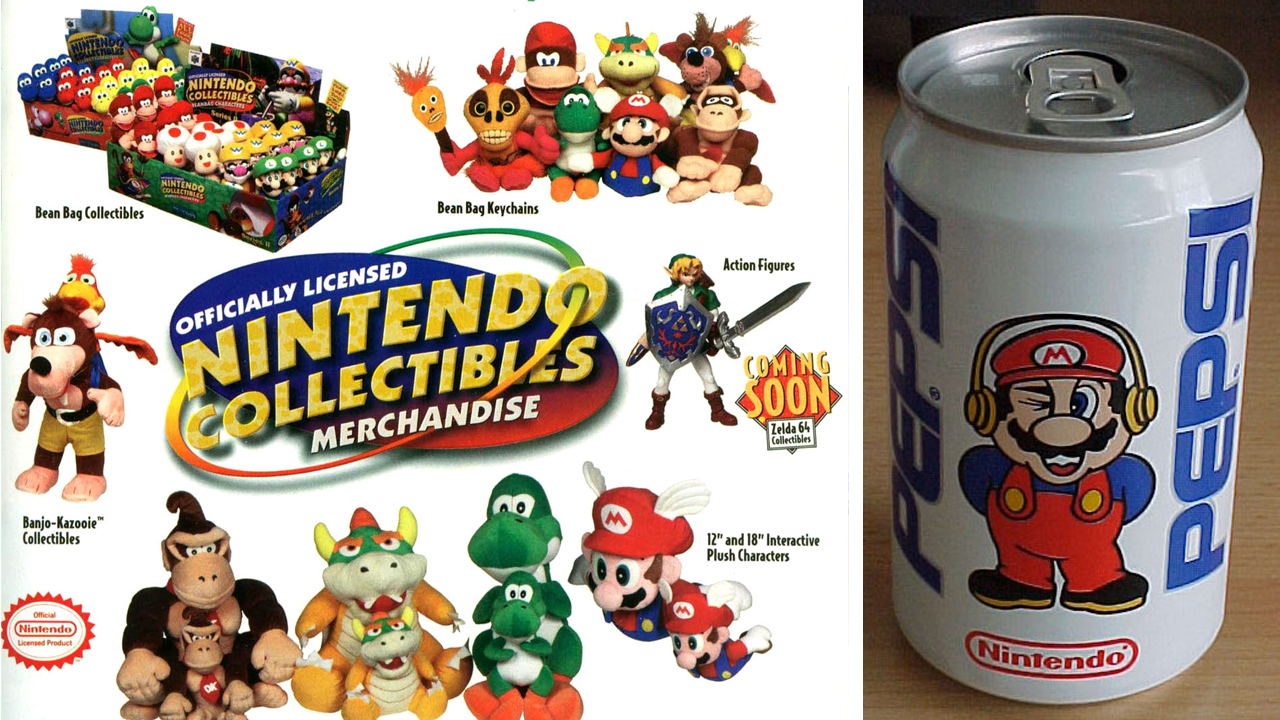
Youll see Nintendo franchises in new places
What it Iwata said: ...we will actively expand our character licensing business, including proactively finding appropriate partners Also, we will be flexible about forming licensing relationships in areas we did not license in the past, such as digital fields, provided we are not in direct competition and we can form win-win relationships By moving forward with such activities globally, we aim to increase consumer exposure to Nintendo characters by making them appear in places other than on video game platforms.
What it likely means: Though Nintendo has hardly shied away from merchandise in the past, this new approach to sharing its franchises could have big ramifications. Yes, this might just mean more Zelda toys, or perhaps a full-on Metroid cartoon series, but this could also mean games. See, if Nintendo says it isnt making real games for smart devices, then a mobile dev make a game with the Mario license wouldnt be in direct competition. This would generate quick profits for Nintendo without having to cross the line of making mobile games themselves. It makes sense, though I bet Nintendo will be very selective in who it works with, and which regions will actually get those games upon completion.
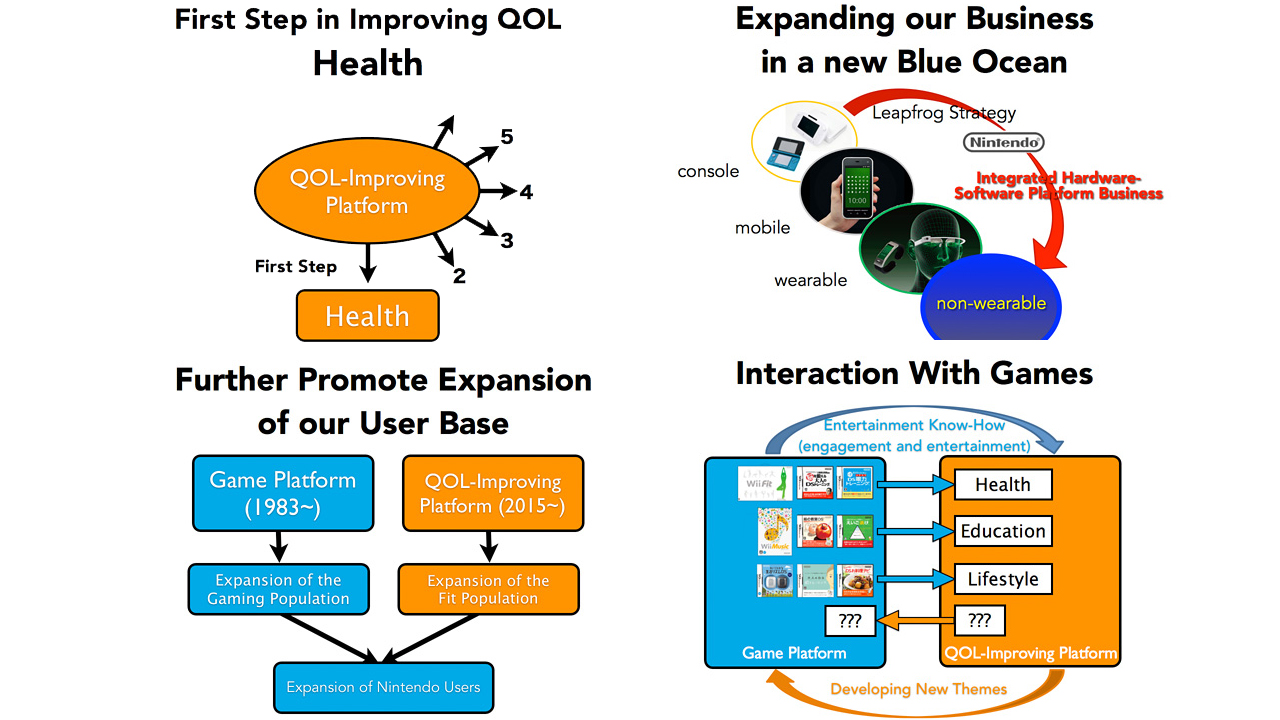
What is QOL?
What it Iwata said: This time, we decided to redefine our notion of entertainment as something that improves peoples quality of life in enjoyable ways, and take a step forward in expanding our business areas Today I would like to limit my presentation to the general direction of our new business, but I plan to announce more details within 2014. I then plan to talk about its specific features and a clearer vision of what we really mean by the term non-wearable.
What it likely means: Iwata closed by alluding to a program that sounds crucial to Nintendo's future, but its something he barely wanted to discuss. Quality of Life programs seems built on the concepts of Nintendos many successful lifestyle titles, like Wii Fit and Brain Age. QOL looks to reach even beyond that and create a non-wearable program that will monitor and improve your way of life. It certainly sounds out there--so did the Wii Remote--but the particulars are so hard to nail down. It does appear to be separate from Nintendos continued hardware business, but we probably wont know any more than that until later in the year (if were lucky).
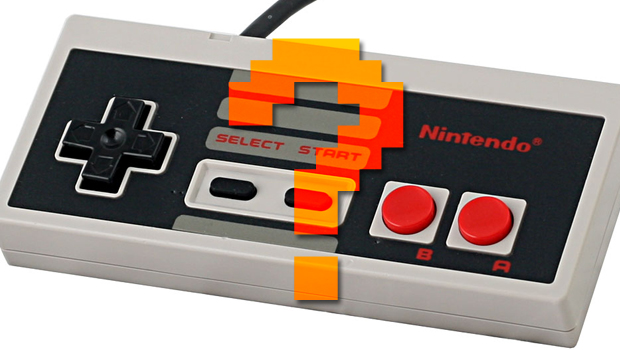
Reach out for the truth
So there you go. Nintendo is still making consoles, isnt making mobile games (unless its developers make them), and has big plans for something non-wearable. Thats a lot to wrap your head around, but Nintendo fans should at least feel a little relaxed that the company has such diverse plans for the future. Were you looking for any answers Nintendo didnt offer? Let us know in the comments!
If you want more on the recent Nintendo developments, be sure to check out our 10 bold Nintendo gaming predictions for 2014 and the first 8 DS games we want on the Wii U.

Henry Gilbert is a former GamesRadar+ Editor, having spent seven years at the site helping to navigate our readers through the PS3 and Xbox 360 generation. Henry is now following another passion of his besides video games, working as the producer and podcast cohost of the popular Talking Simpsons and What a Cartoon podcasts.


